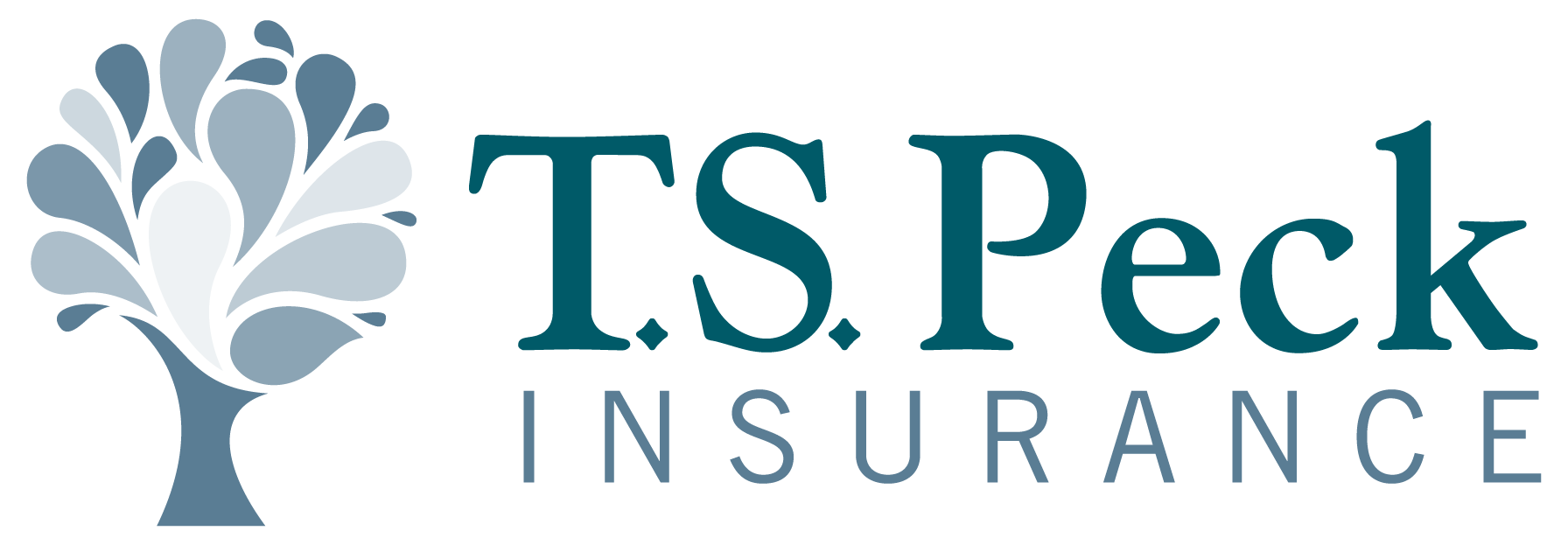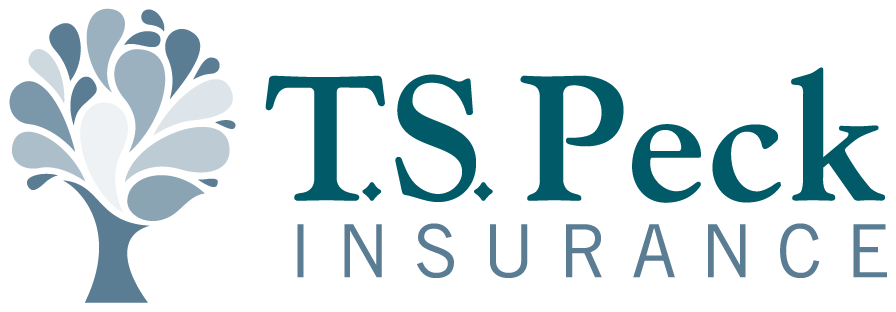Many contracting firms in Vermont rely, at least at times, on leased or rented equipment. If your contracting business does, you’ll want to make sure that equipment is properly insured while your business is using it. Here’s a look at how to adjust your business’ contractors insurance when leasing or renting equipment.

Is Equipment That My Vermont Contracting Business Rents Covered by Contractors Insurance?
Don’t Rely on Personal Property or Equipment Breakdown Coverage
First and foremost, don’t expect the commercial personal property or equipment breakdown coverage in your business’ contractors insurance to provide any protections for equipment that’s leased or rented.
The protections these coverages provide are generally limited to equipment and items your business owns — commercial property coverage normally protects owned equipment from physical perils (e.g. possibly wind, hail, etc.), and equipment breakdown coverage typically protects owned equipment from unexpected malfunctions. In most cases, these protections aren’t extended to equipment that’s leased, rented or borrowed.
(The exact perils and malfunctions that these coverages protect against vary, as they’re determined by the particular terms, conditions and exclusions within a policy.)
Don’t Fret About Physical Perils or Common Breakdowns
At the same time, there’s usually little reason to fret too much about damage caused by physical perils or common breakdowns.
Generally speaking, the business that rents or leases equipment is expected to protect the equipment from physical perils and provide reliable equipment that doesn’t break down. Many companies that provide equipment for contractors in Vermont have insurance policies that cover the equipment from perils like fire, wind and hail even when the equipment is in the possession of a contractor. Additionally, the companies that provide equipment normally are expected to promptly take care of any routine breakdowns that occur, either by quickly fixing the equipment or providing replacement equipment.
(Again, specifics can vary. The exact perils that rented equipment is insured against typically depend on the renting company’s insurance policy, and how breakdowns are handled is often detailed in the lease or rental agreement.)

Insure Against Damage with Leased, Rented or Borrowed Equipment Coverage
One risk contractors normally do need to insure against is the possibility that non-owned equipment is damaged by something they do. Leased, rented or borrowed equipment coverage is a protection that many contractors policies make available and may protect against this risk.
A specialized form of contractors liability insurance, leased, rented or borrowed equipment coverage generally helps protect against claims that accuse a contractor of damaging non-owned equipment while it’s in the contractor’s possession. The exact incidents that this coverage protects against are defined by a policy’s specific terms and conditions, but they’re frequently incidents that other contractors liability insurance coverages exclude from their protections.
Adjust Your Vermont Business’ Contractors Insurance
If your business’ contractors liability insurance coverages don’t include coverage for leased, rented or borrowed equipment coverage, you probably should acquire the coverage before your business borrows equipment for a project. Whether using a truck for a day or a crane for months, this normally isn’t a protection you want to be without when using non-owned equipment. A single incident could cause a major malfunction, and replacing or repairing construction equipment is often expensive.
For help reviewing your Vermont business’ contractors insurance, talk with an independent insurance agent who specializes in this form of insurance. An experienced agent will know what to look for in equipment rented or leased coverage, and they’ll be able to help you get a policy that has robust protection for non-owned equipment from any insurer if they’re independent.

